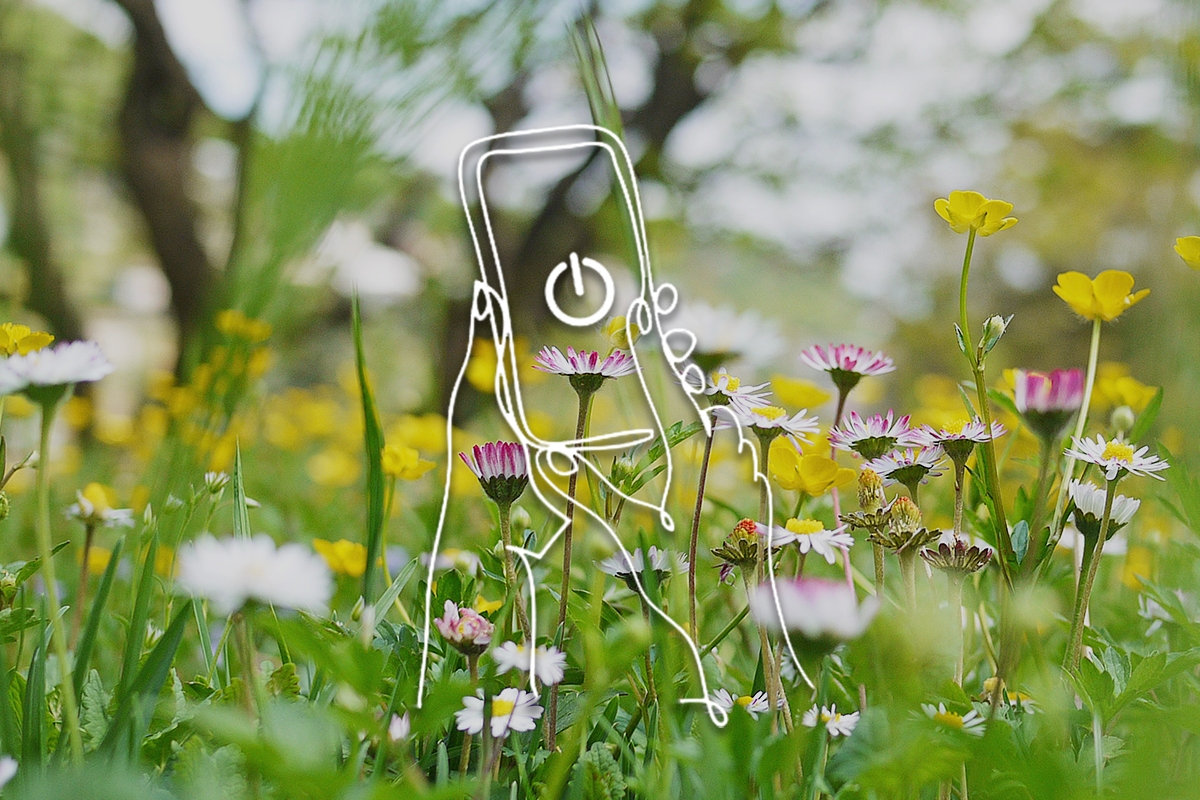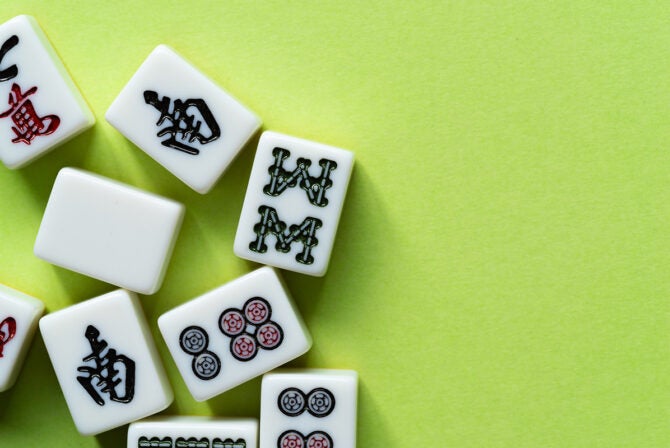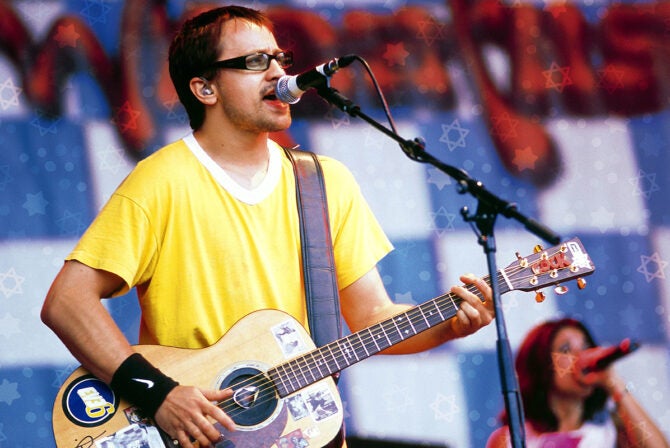Passover is here, a holiday that celebrates the liberation of the Jewish people from slavery in ancient Egypt. It is a time in which we refrain from eating leavened bread, subsisting instead on matzah, the flat, cracker-like sustenance that our ancestors placed on their backs as they fled Pharaoh’s army. It is a time of expressing gratitude for our freedoms, but it is also a time of examining the ways in which we’re still, metaphorically, not free.
When I began contemplating this question recently, the answer came to me instantly. I am not free of comparing myself to others, of the pressure I feel to be someone other than I am — a happier, more successful, better adjusted version of myself (this is just the short list). While the source of these feelings can undoubtedly be traced to deeper psychological root causes, there is no question they are exacerbated by a daily habit that, until very recently, I’d barely considered, something I did as reflexively as breathing or eating: reaching for my phone. It’s something I do 10, 20, 1000 times a day.
This dependency began in earnest during the pandemic. Unable to visit family or friends, stuck in the house for an indefinite period of time, like millions of others, I turned to my phone. As though I were a teenager, I downloaded all the apps. Soothing and mind-altering, my attachment to my phone built slowly, at first pleasurable, then inescapable.
It didn’t start out this way. I am a person who has always been wary of technology. In 1999, I was the very, very last of my friends to begin using email. I never joined MySpace or Friendster, not understanding what the point was. If I wanted to talk to my friends, couldn’t I just… talk to them? I didn’t get a cellphone until 2002, when my then-boyfriend bought me one. “What if I need to reach you?” he’d said, which left me thinking, Why do I need to be reached all the time?
Then came smartphones, which actually terrified me. I resisted as long as I could. I can still remember a trip to L.A. in early 2011, watching people sitting in coffee shops and restaurants, all looking down, none of them speaking. It felt like a sci-fi horror movie, but for some reason, everyone acted like it was normal.
What were they gazing at so intently? What powerful force had gripped their attention in a way that the person sitting across from them could not? As late as 2015 I still did not have a smartphone, which marked me as a freak. Of course, I had to give in eventually. The lure of technology is something that will always win, its siren call encroaching on ever-increasing areas of our lives.
Today, it feels like I am addicted to this machine. I once read a quote by the writer Raymond Carver in which he described himself as a cigarette with a body attached to it. I thought of this quote when, sometime last month, I’d come to see that I was no different. Except instead of a cigarette, it was an iPhone, its pleasures no less addictive. When I don’t know where my phone is, I panic. I cannot get through a day, or even an hour, without it. It is my comfort, my shield, my release valve.
I told myself a familiar story: My phone is indispensable to my life. I use it to communicate. I need it for work. In fact, all these things are true. But it is also true that I turn to it when sad, lonely or bored. I spend hours (and hours) doomscrolling and envyscrolling, alternately absorbing every terrible thing happening in the universe via my news feed, or else drooling over the homes and vacation photos of influencers who appear to be richer, prettier and happier than me.
One early spring day last week, I decided I was done. I couldn’t take it anymore. I spent more time meandering through Instagram than I did with my friends. I spent more time looking at other people’s cute babies and unaffordable wardrobes than I did reading. I spent time looking at my phone that I could have spent with my son, or talking to my husband, or writing, or cooking, or really anything. It was where I felt safe, where I could hide in the shadows, taking information in without giving up anything in return, a way to interact with people without actually having to interact with them.
Spending so much time on my phone was keeping me trapped. I told myself I needed to be on my phone constantly — after all, I was always waiting for that text, that email, that “like.”
And so, just like giving up bagels and pasta, I decided that this year, I will mark Passover by freeing myself from my phone. I will not give it up completely, of course. I will still use it to text my siblings and my husband and my mom. I will still read work emails on it. But, at least for the eight days of Passover, I am determined to not spend hours staring blankly into a semi-virtual world. I will no longer use my phone as a tool to convince myself that my life is less real, or somehow inferior, to those I see on the screen.
It’s funny because as a mother, we spend so much time talking about and thinking about our children’s screen time. How many hours a day? Supervised educational content or unfettered access to YouTube? What is the precise moment at which some time spent staring at a screen becomes too much time staring at a screen? This is something we care about for our children. But what about for ourselves?
I know giving up my screen time will not be easy. A part of me is dreading it. But another part of me feels elated, like I am taking a step to liberate myself from the tendency to isolate myself or compare myself. What will I do with all the time I would have spent scrolling — with all that freedom? I will pick up a book and read. I will go for a walk. I will call a friend and see if she wants to meet for coffee. I will ask my son if he wants to stay up late and go outside with me to look not at a screen, but at the stars.








